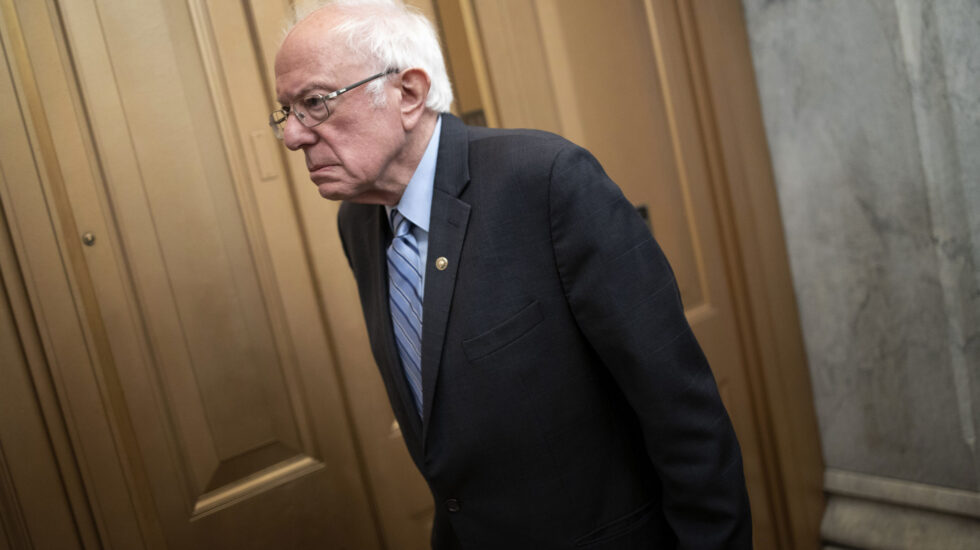Democrats have agreed on a massive budget blueprint that allows them to sidestep Republican opposition and spend $3.5 trillion dollars over ten years on left-leaning priorities like Medicare expansion, family service programs and climate change mitigation.
The Washington Post contextualizes:
The wide array of planned health, education and social programs would represent a historic burst of federal spending if lawmakers ultimately adopt it, as Democrats aim to seize on their slim but powerful majorities in Washington to expand the footprint of government and catalyze major changes in the economy.
Details have not yet been announced, but Sen. Mark Warner (D-VA) said the cost will be “fully paid for.” Democrats previously signaled that they’ll raise taxes on corporations and wealthy Americans to fund their “human infrastructure” goals. They have pledged to avoid raising taxes on small businesses and families making less than $400,000 a year.
More from CNN:
The effort is separate from a bipartisan bill on traditional roads and bridges and is expected to set the stage for Democrats to pass reforms like expanding the child tax credit, offering paid medical and family leave and potentially even overhauling the country’s immigration system. The bill is also expected to include changes to the US tax code.
The deal, announced Tuesday night, marks a compromise between the party’s moderate and progressive factions. Sen. Bernie Sanders, the independent from Vermont and the chairman of the Budget Committee, hoped for a $6 trillion package. Moderates succeeded in lowering that number, but Sanders was able to include several of his priorities, including dental, vision, and hearing services for Medicare recipients.
Sanders celebrated the compromise, calling it potentially “the most significant piece of legislation to be passed since the Great Depression and I’m delighted to be a part of it.”
“We are very proud of this plan,” Senate Majority Leader Chuck Schumer (D-NY). “We know we have a long road to go. We’re going to get this done for the sake of making average Americans’ lives a whole lot better.”
Indeed, the deal’s passage is far from assured. There is no hope it attracts GOP support, and Democrats can’t afford a single defection in the Senate since they hope to enact the bill by a high-wire act known as reconciliation.
Politico explains:
If the still-forthcoming budget resolution can clear both chambers with lockstep party support, it will unleash the power to circumvent a GOP filibuster using the so-called reconciliation process, the same move that Democrats used to pass the president’s $1.9 trillion pandemic aid package in March.
More from The Associated Press:
In discussing the budget agreement, Schumer and other lawmakers did not respond when asked if they had the support of all 50 Democratic senators, which they will need to succeed. They also have virtually no margin for error in the House, where they can lose no more than three Democratic votes and still prevail.
Moderates like Sens. Joe Manchin, D-W.Va., and Kyrsten Sinema, D-Ariz., might still demand further changes to reduce the plan’s price tag and impact on already huge federal deficits. Progressives in both chambers might insist on beefing it up or other changes.
President Biden is set to have lunch with Democrats on the Hill on Wednesday afternoon in an attempt to rally support and party unity.
The New York Times explains why the $3.5 trillion budget blue print is a win for Biden:
Combined with nearly $600 billion in new spending on physical infrastructure contained in the bipartisan plan, which omits many of Democrats’ highest ambitions, the measure is intended to deliver on President Biden’s $4 trillion economic proposal.



